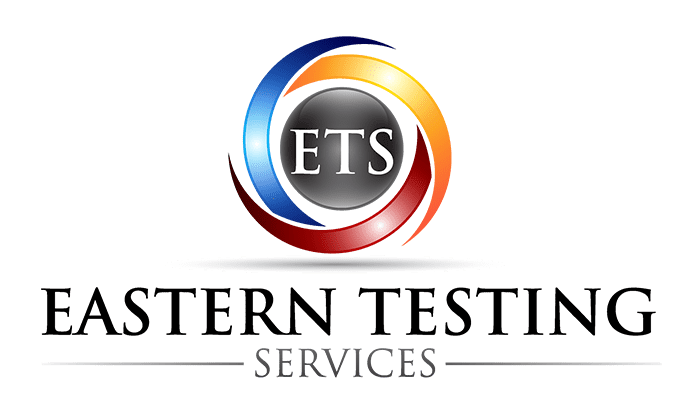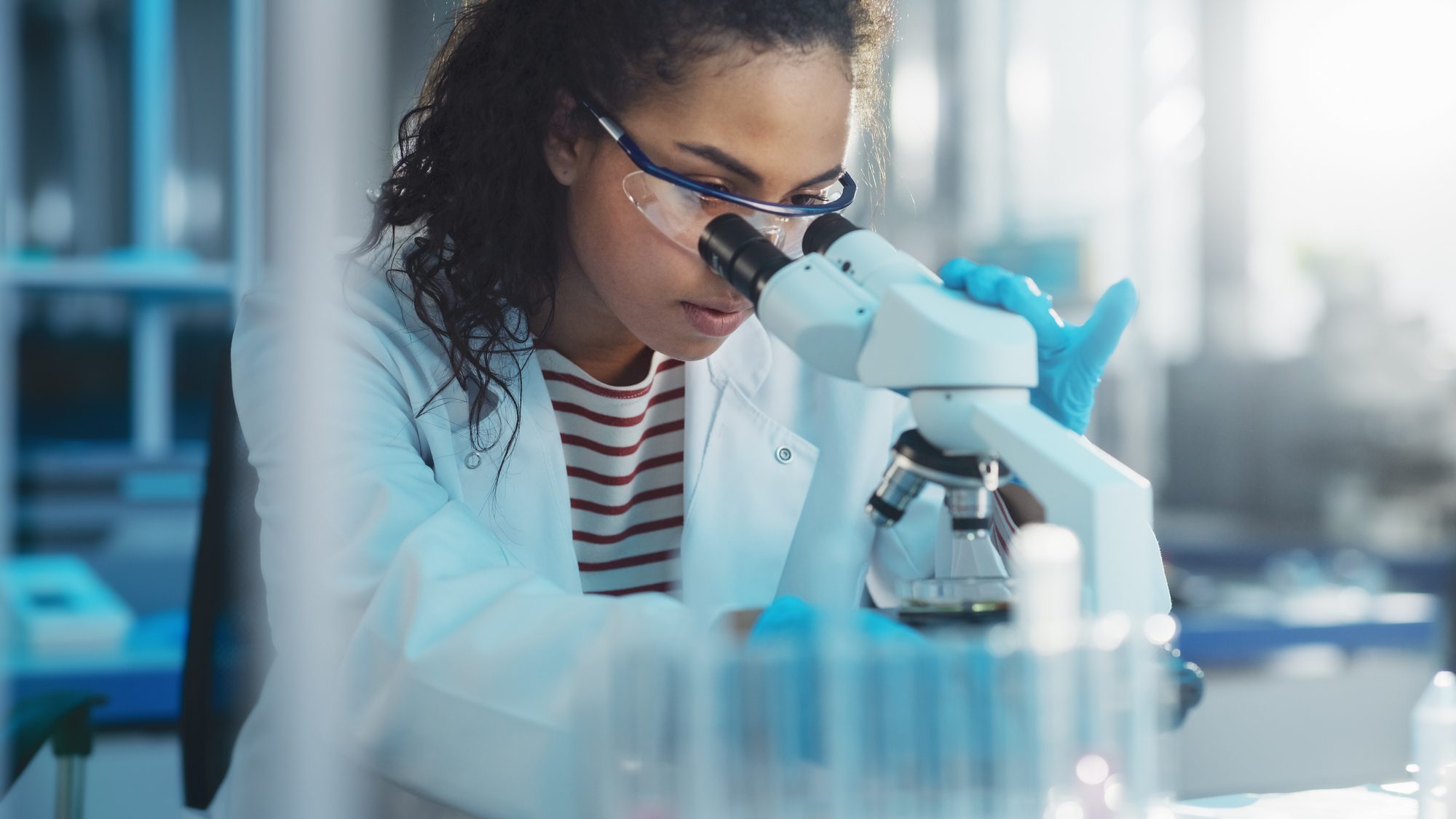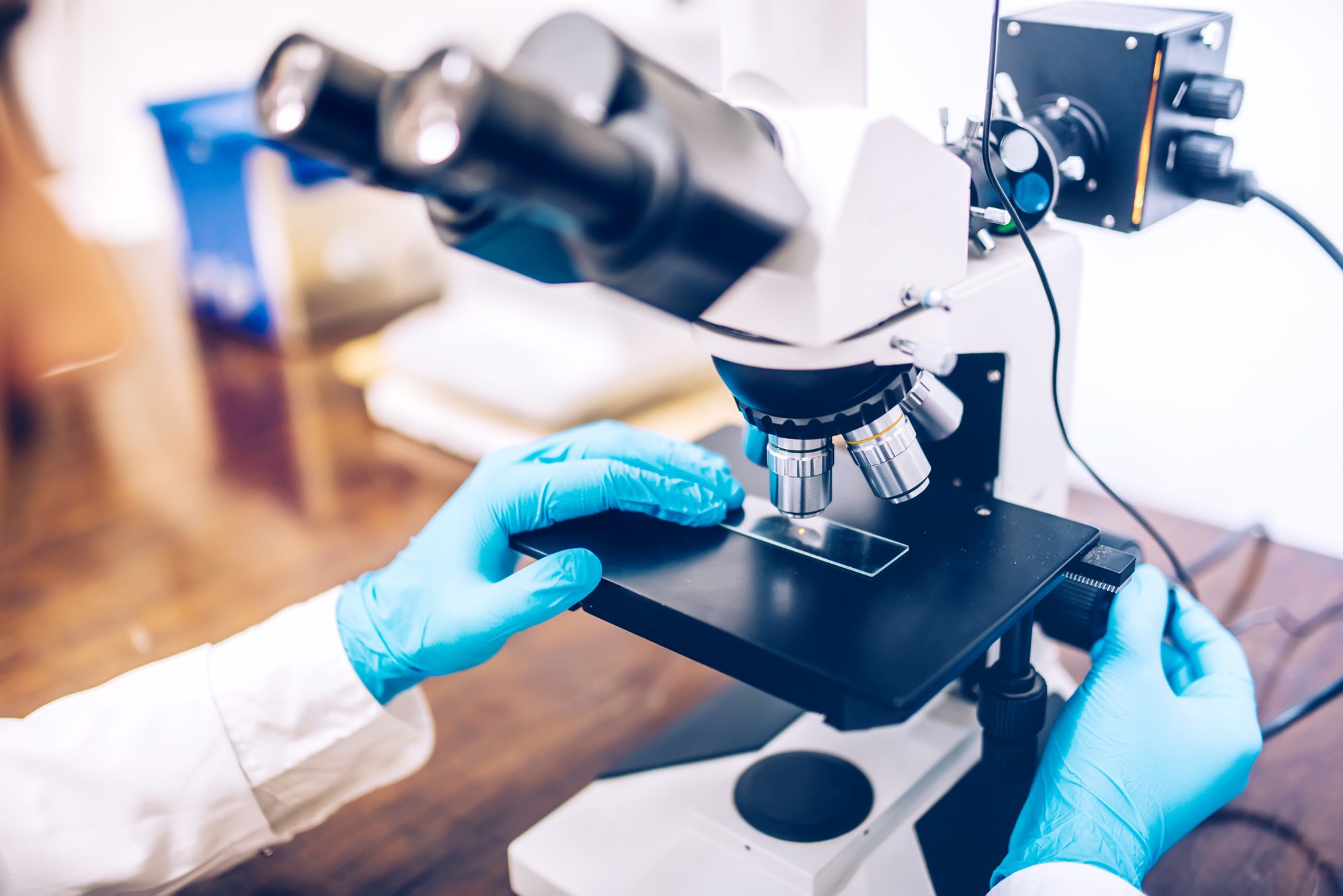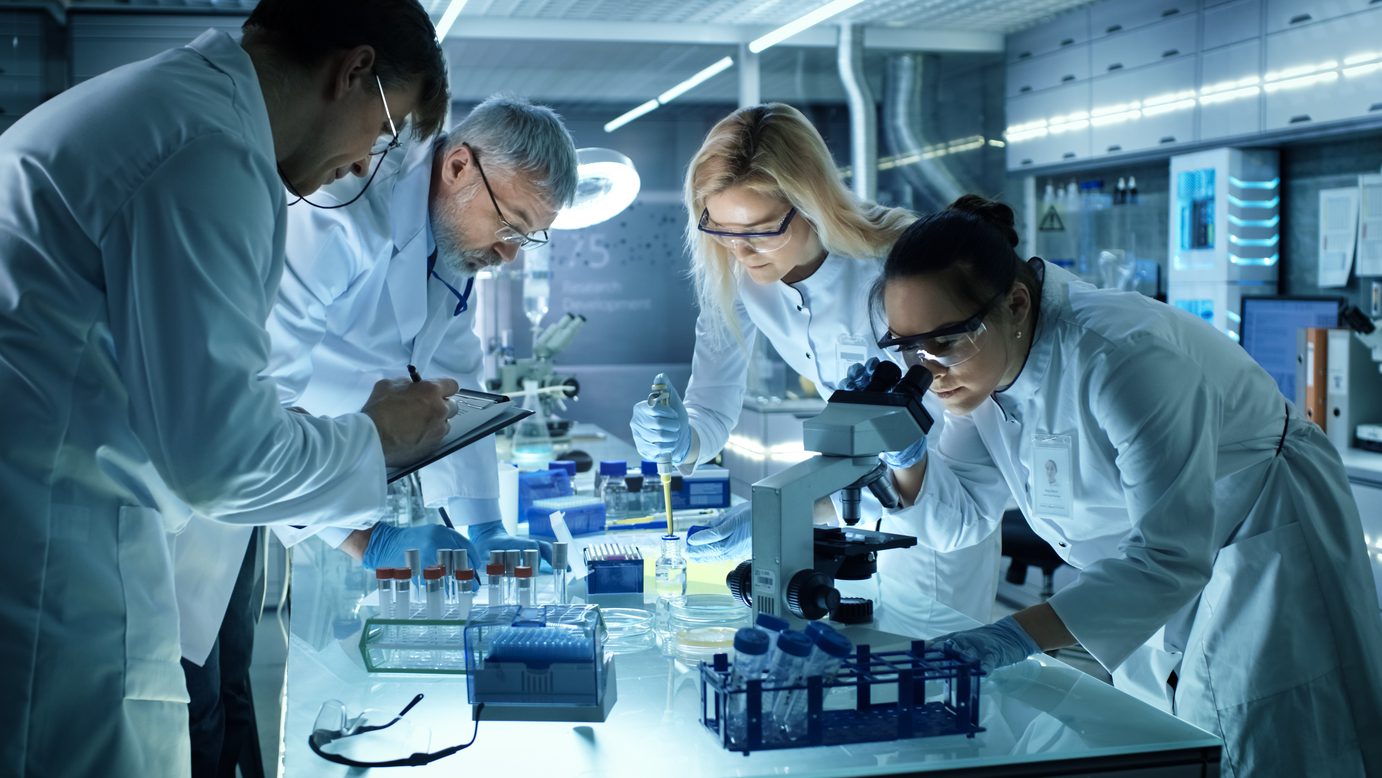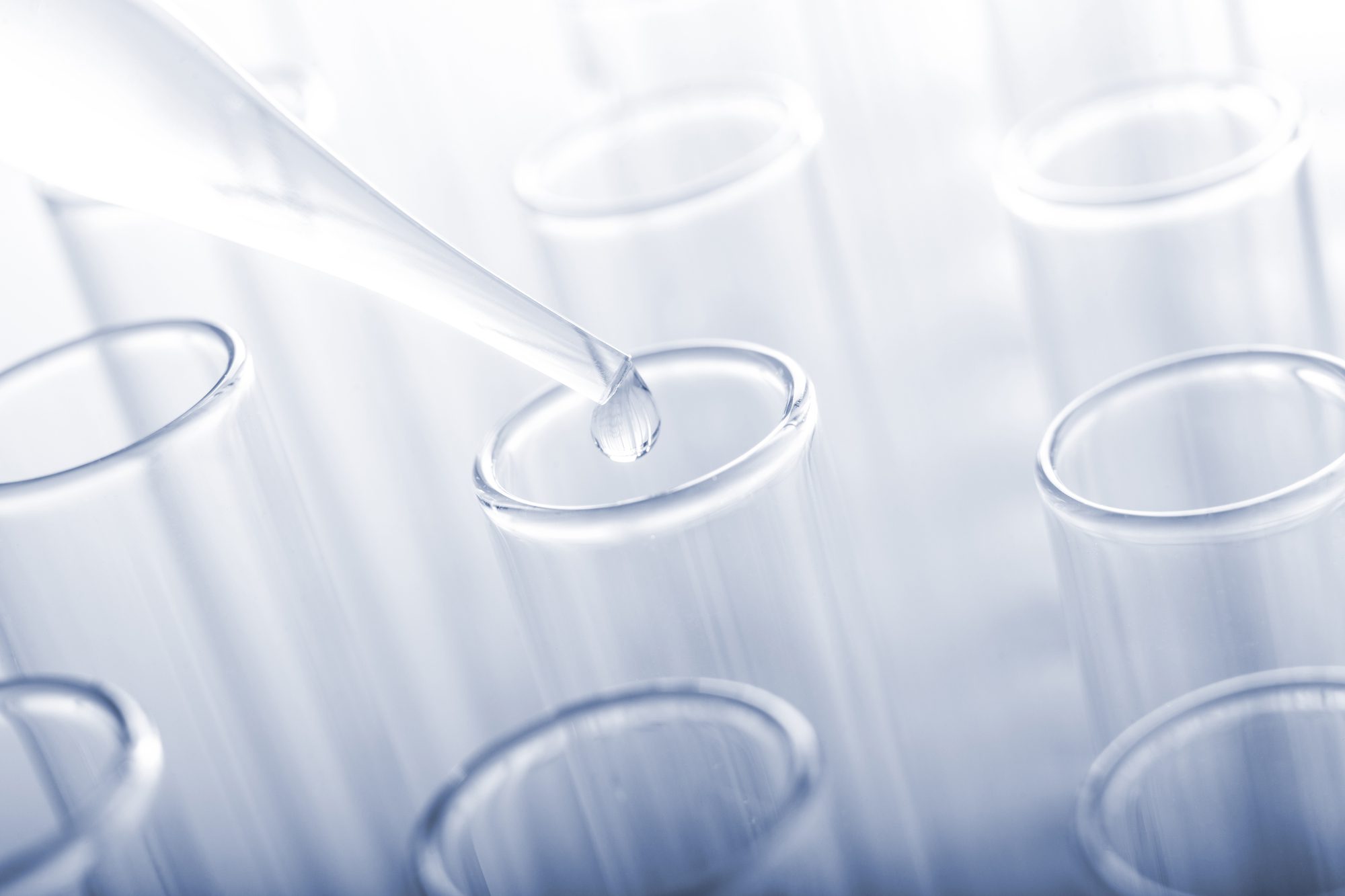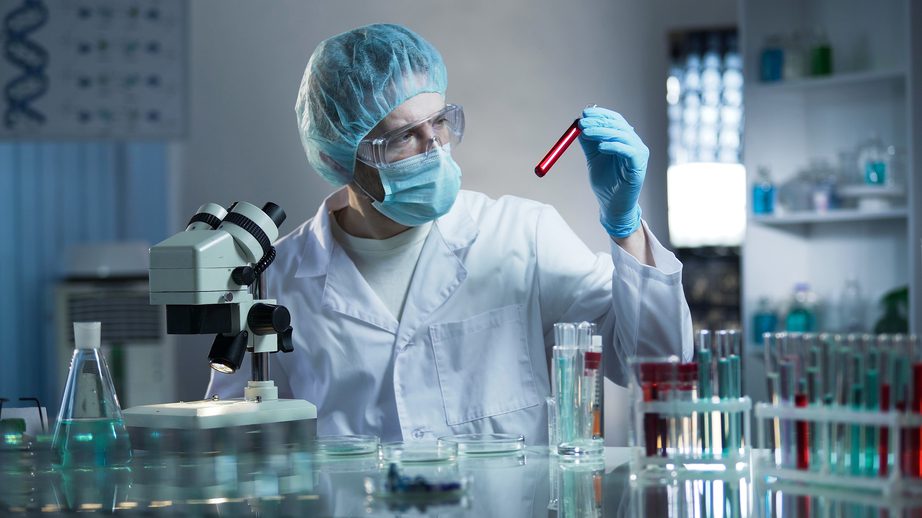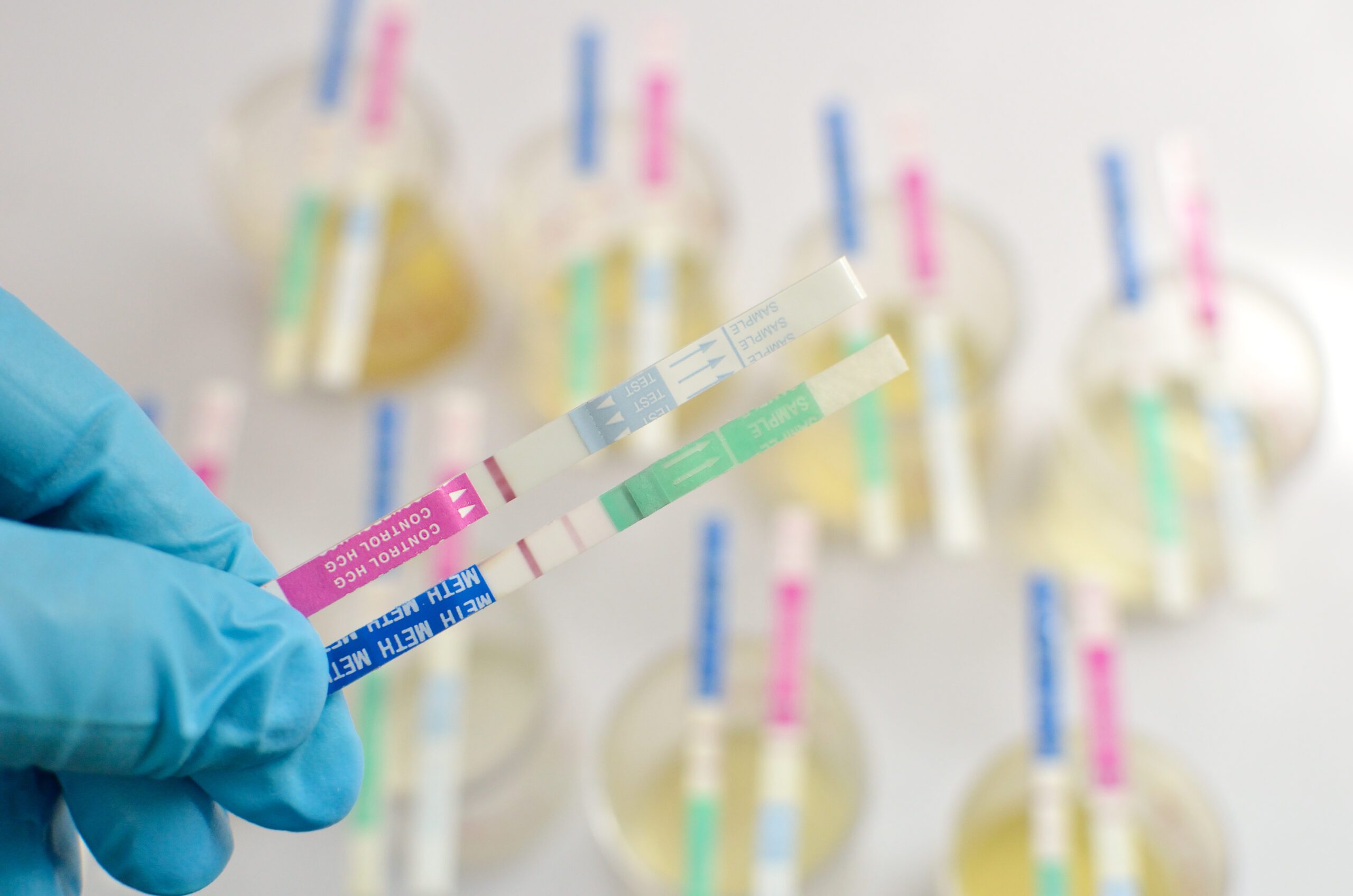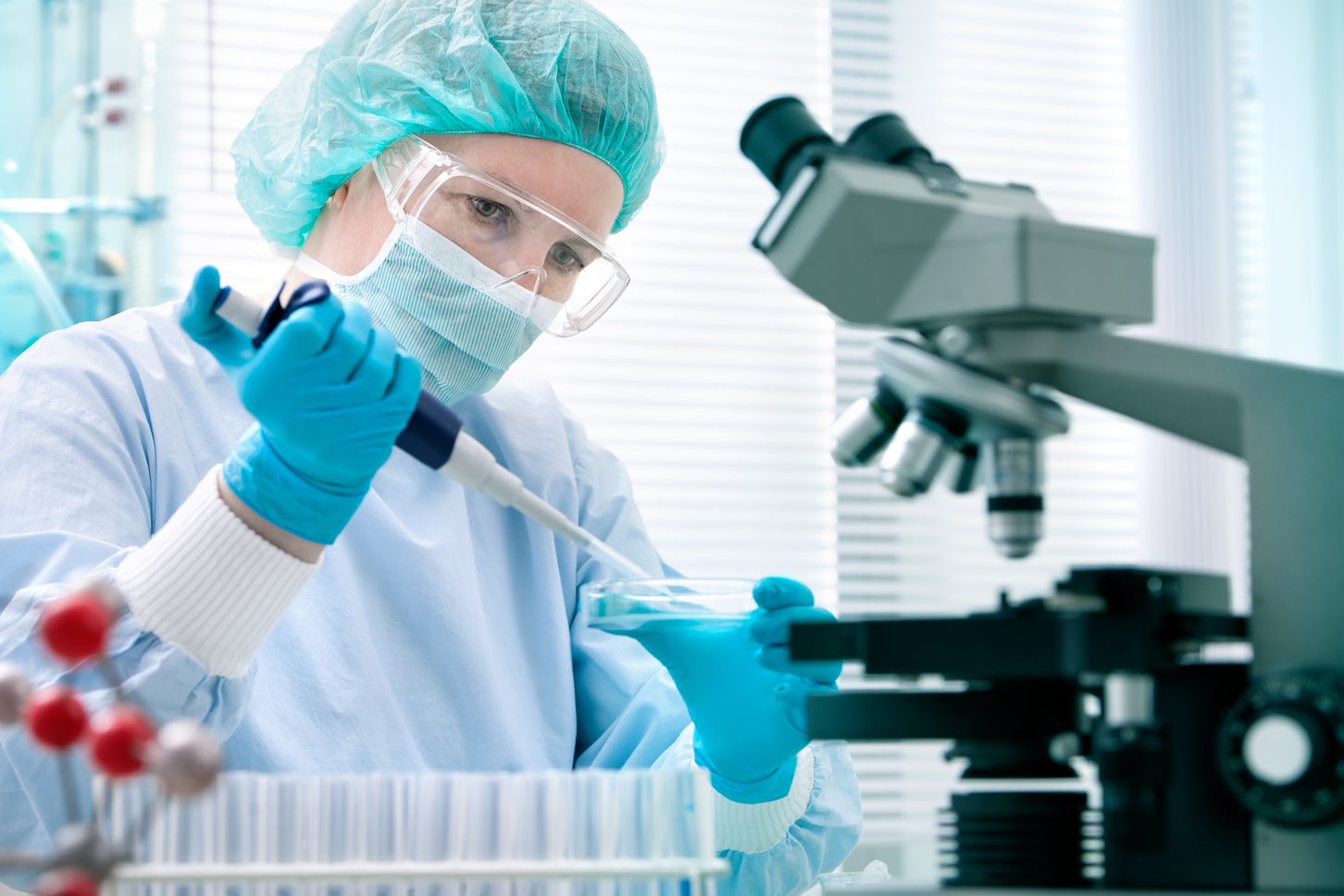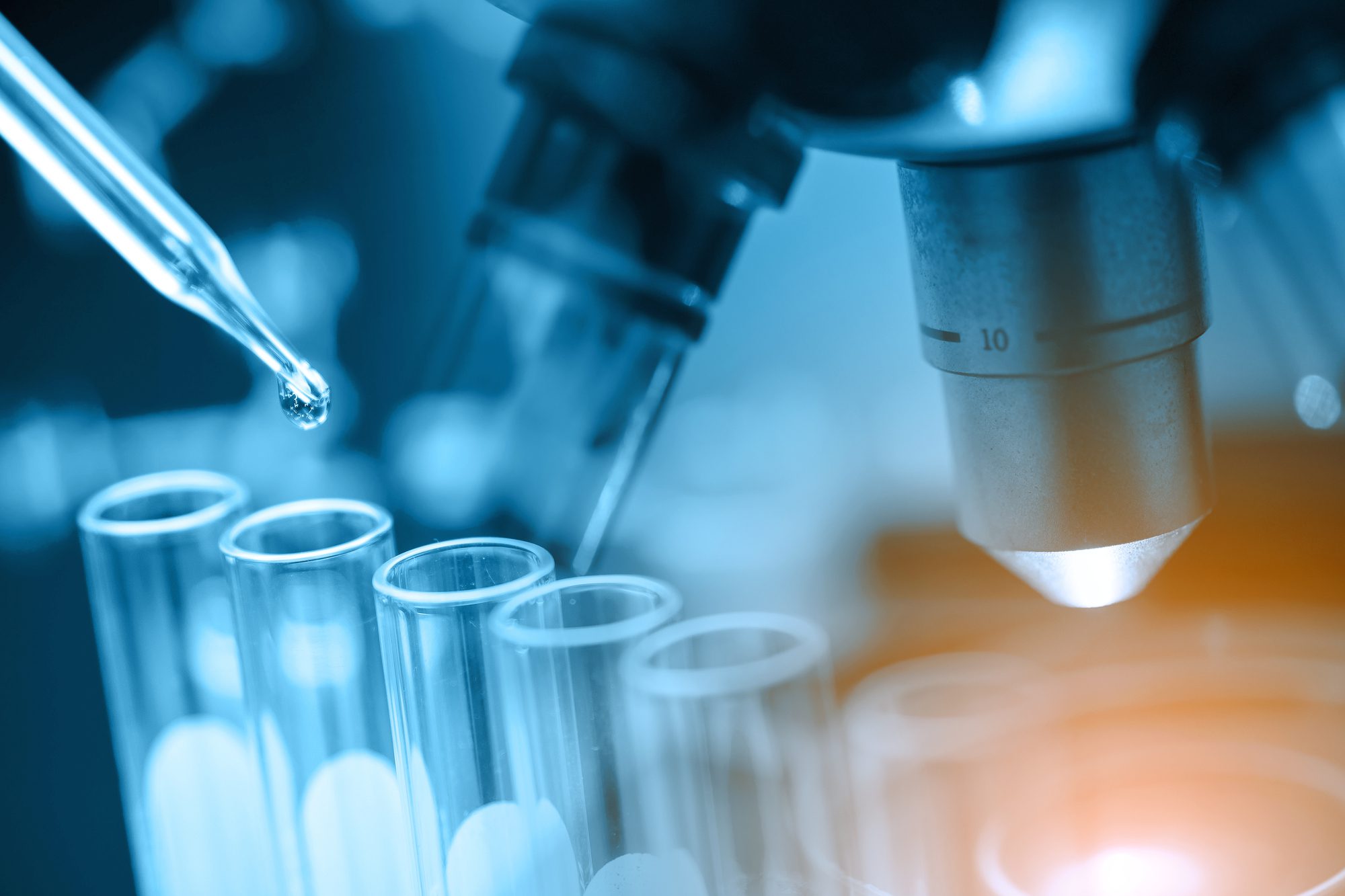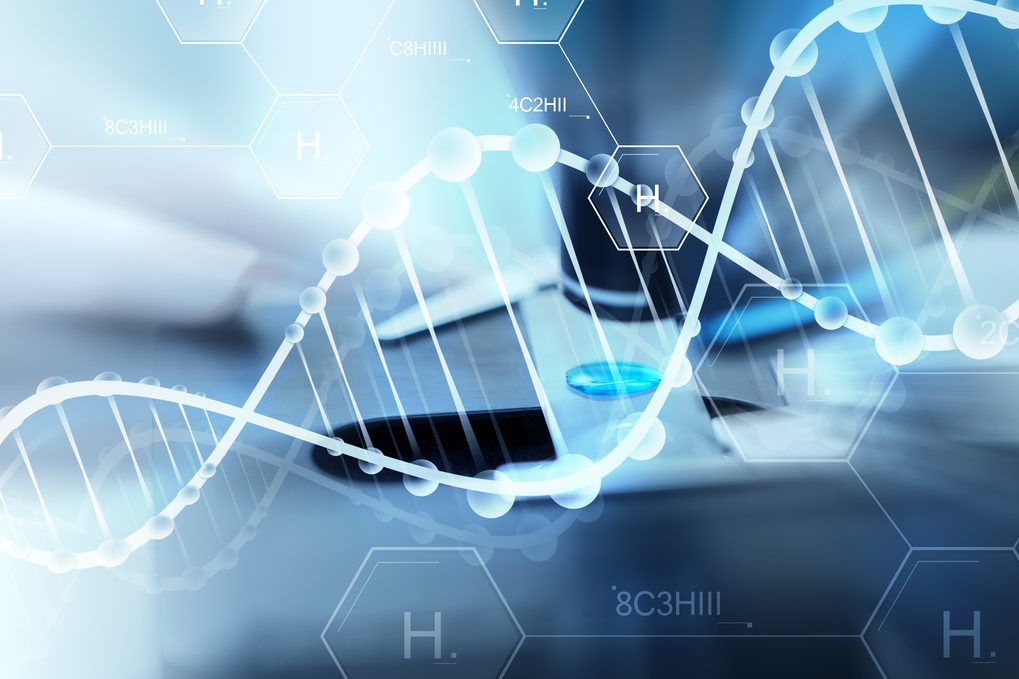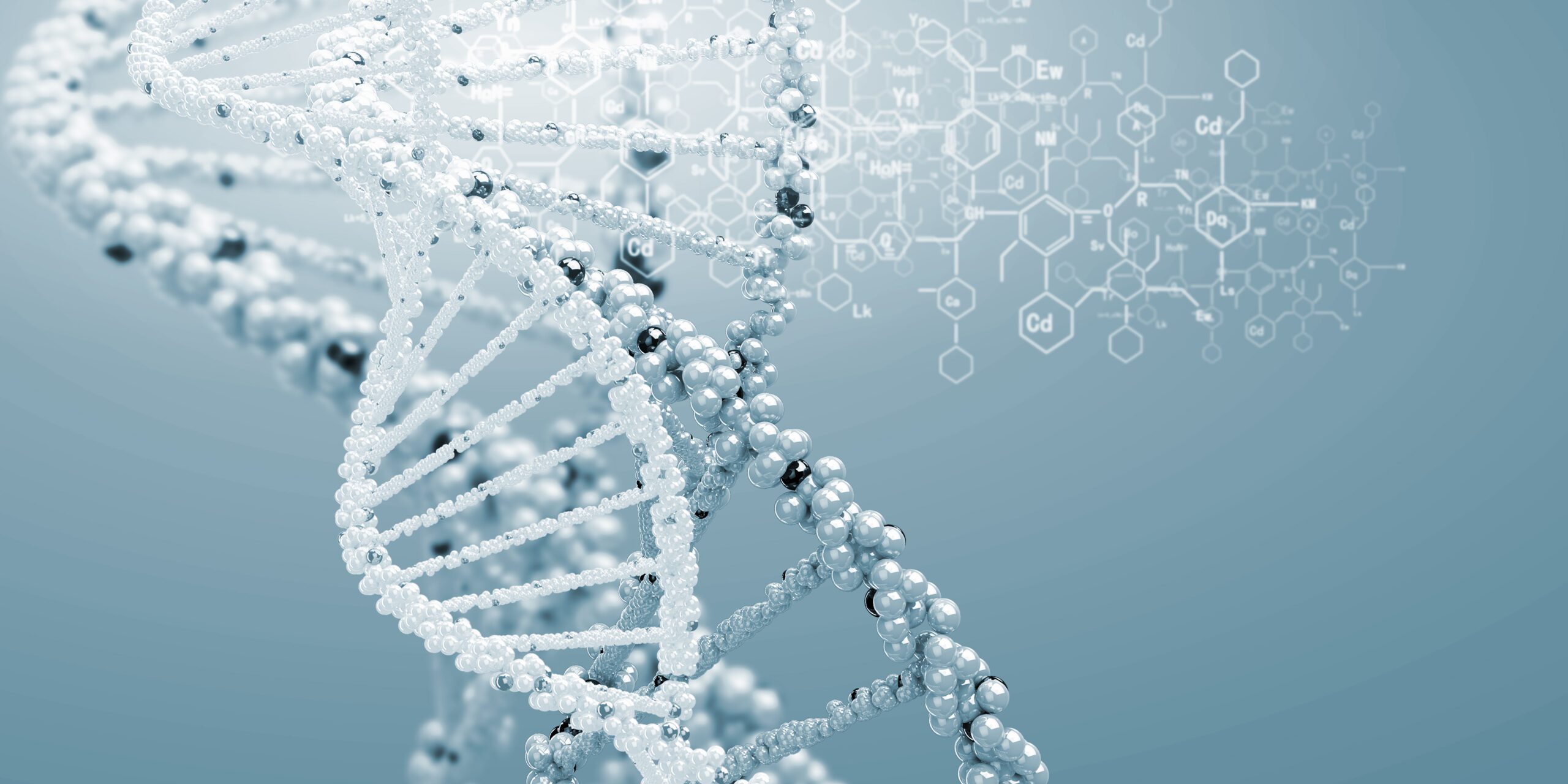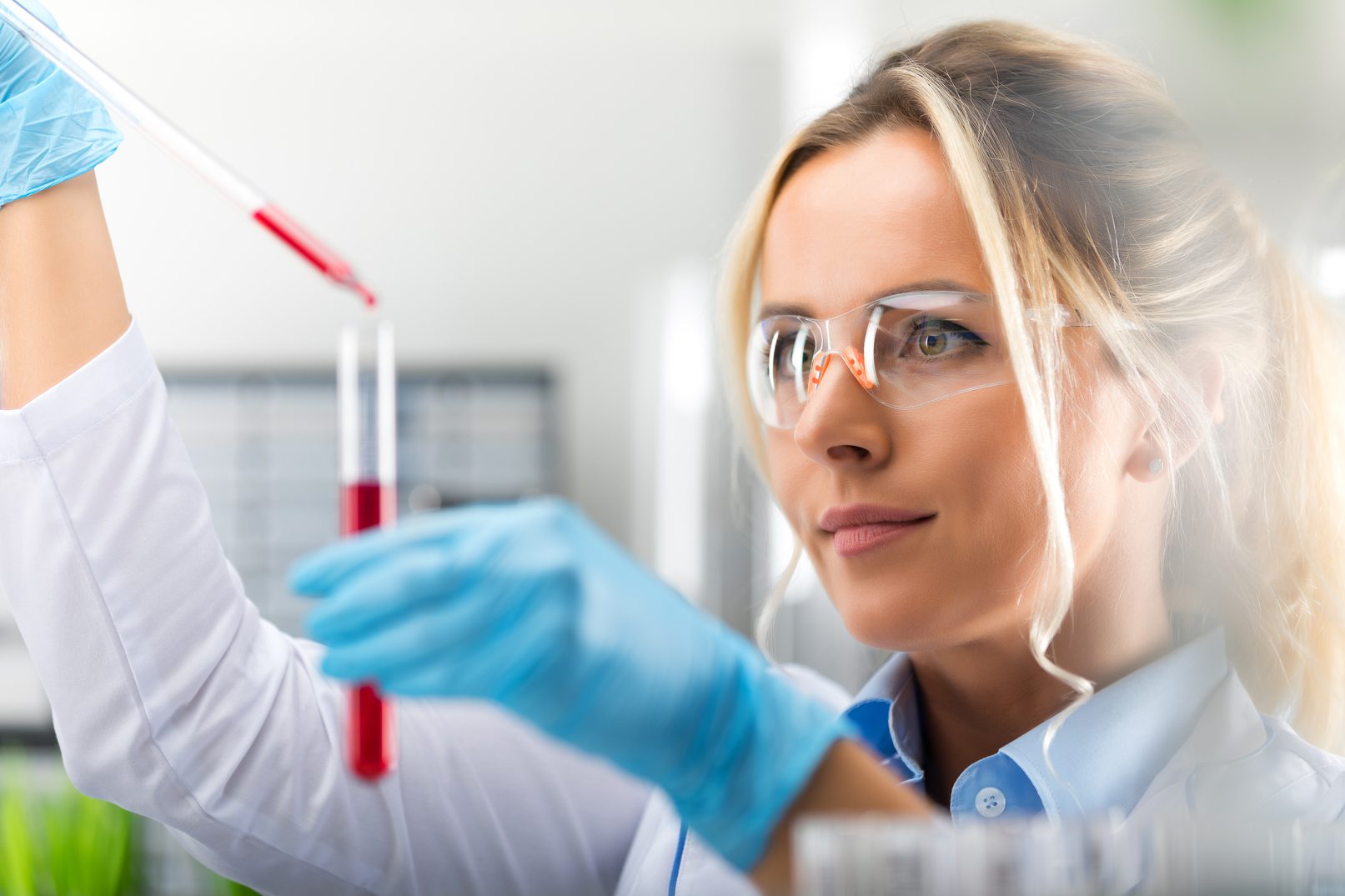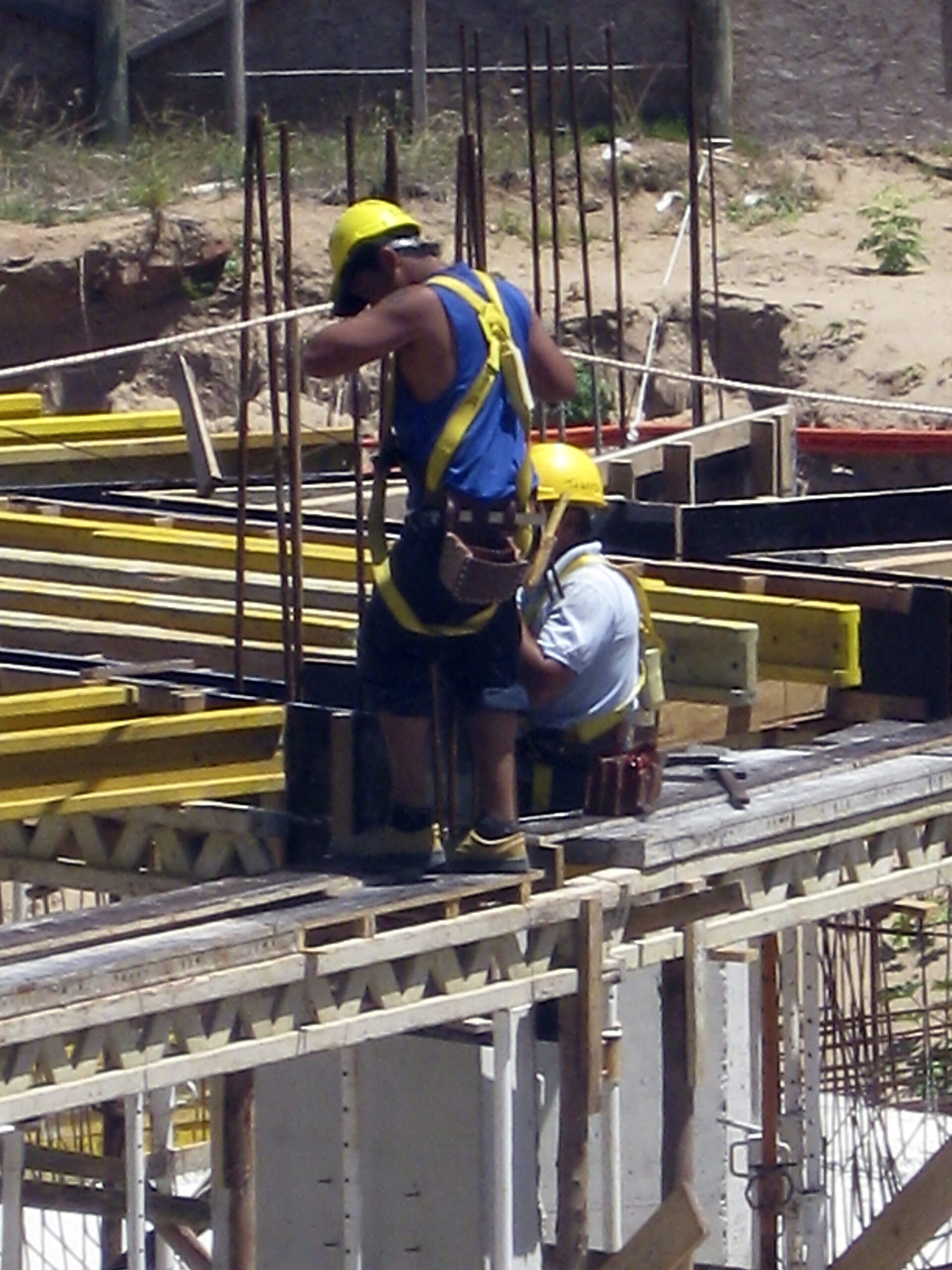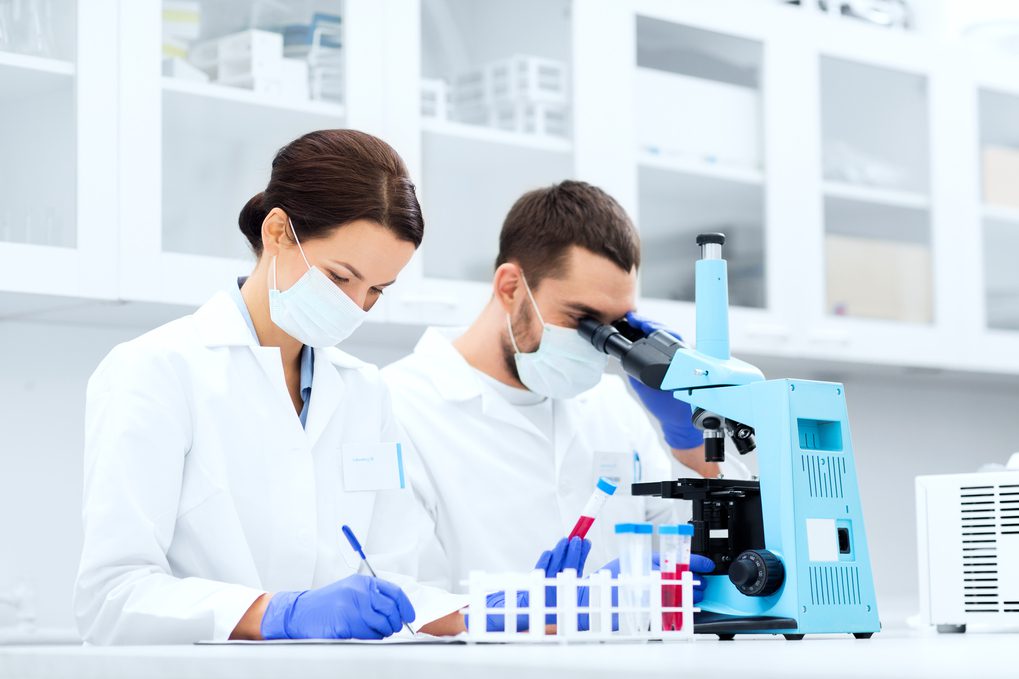Workplace Drug Testing
Foreword
Introduced as a deterrent to drug abuse to ensure safety and productivity, drug testing in the workplace has seen steady growth over the last 25 years to become an integral field of the forensic toxicology discipline, along with human performance and post-mortem fields. The magnitude of the substance abuse problems in society, the presence of new synthetic drugs, modifications in the physical state or increase in potency of existing drugs, and abuse of prescription drugs are factors that demand a commensurate response from drug testing. Workplace drug testing in the 21st century is a complex process with multiple components, which include federal and state regulations, administrative and legally mandated rules, collection procedures, methodologies for testing and analysis (initial and confirmatory), cut-off limits, interference of prescribed drugs, environmental exposure, accuracy and validity of analysis, use and application of reported results, etc. Unless society finds adequate means to curb the expanding drug use, workplace drug testing will continue to increase in complexity in order to provide a balanced response.
Cost of Substance Abuse
The estimated economic cost to society due to substance abuse and addiction is $559 billion/ year, according to the US Surgeon General’s Report, 2004 (cited by the National Institute of Drug Addiction, July 2008). Substance abuse and addiction steal more every year from all of us through an increase in healthcare costs, crime, and loss of productivity. Substance abuse cost for American businesses is a staggering figure of an estimated $276 billion per year. Billions of dollars are lost by employers in increasing healthcare benefits costs, increasing workers’ comp costs (due to accidents caused by substance abuse), loss of productivity due to absenteeism, property damage and employee theft, workplace violence, etc. We all know that addiction doesn’t come cheap. The drugs are by no means free; bad habits must be supported financially. This is why—admittedly—76% of people with drug and alcohol problems are employed, according to statistics. Indeed, when we hear the word “alcoholic” or “addict,” the picture that quickly comes to mind is that of a homeless person fallen in the gutter and not of high school graduates or college-educated individuals holding daily jobs. Even when drug or alcohol is used occasionally, the substance abusers do bring the impairment to work, which could have devastating effects from accidents on the job to a damaged business image. As an employer, you are truly in a unique position to manage the risks of substance abuse and, ultimately, have a positive impact on the substance abuse user’s life by testing your workforce and referring treatment to those who are willing to change.
Benefits of Workplace Testing
Whether immediate or more subtle, long-term visible, the benefits of testing in the workplace can hardly be denied:
True, there is a cost associated with substance abuse testing in the workplace, but the short and long-term benefits largely offset the cost. Concerned about the cost? ETS has options that fit any budget. Since drug testing reduces the risk factors in the workplace, many businesses fully cover the cost of testing with savings from the discount received on the workers’ comp annual premium. ETS’ current clients report less absenteeism and call-in sick days, fewer medical insurance and workers’ comp claims, low turnaround (new hires are the right, drug-free hires), a friendlier and more relaxed workplace atmosphere, and increased productivity. All these mean a healthier bottom line.
Services
Whether you are a small or large private business, nonprofit organization, or government entity under Connecticut State and/or federal workplace drug testing regulations (e.g., Department of Transportation, Department of Health and Human Services), ETS offers the following consulting and testing services for employment:
No matter the complexity of a problem, from a one-time request for a drug/alcohol test to the implementation/administration of a rigorous drug testing program, ETS will bring the expertise and knowledge to respond appropriately to your needs.
Tests
The following types of testing for employment are offered:
ETS strictly follows all applicable State (Connecticut Statute §31-51t through 31-51aa) and Federal Regulations (49 CFR Part 40) governing drug testing, which include testing type and methods, sample collection, result reporting, data management, and protection of privacy and confidentiality of the donor.
Methods
ETS offers all methodologies for testing which are permitted by the Connecticut State and Federal Regulations:
ETS has the expertise and knowledge to bring new testing methodologies (e.g., drug testing in breath) as they are validated by the toxicology labs, approved by the state and federal regulators, and are legally defensible.
Collection
Sample collection for drug testing is done at your location. There is no reason to send employees to a fixed location (outpatient clinic, occupational health center, medical facility, lab collection site, etc.) just for specimen collection. Sample collection takes 10 to 15 minutes, yet sending it out to a fixed facility takes a minimum of 3 hours. For an employer, this means work disruption, loss of productivity, and money. Also, consider this: sending out employees or prospective employees (job applicants) for sample collection invites cheating on the test for those compelled to do so. With ETS, specimen collection is performed on-site, which essentially means on the company location, worksite, or job site for businesses with employees outside company premises.
In addition, the employer schedules the collection at a time most convenient for the business operation and not the time imposed by the business hours of fixed facilities. The on-site collection service reduces sample collection time from 3 to 4 hours to 10 to 15 minutes and delivers the “SURPRISE!” factor to those who must prepare to pass the test. It is indeed the unexpected, thus making the on-site sample collection truly effective.
Result Reporting
Specimens are sent for analysis by courier overnight to a carefully selected, SAMHSA-accredited toxicology lab. ETS spares no effort in finding and partnering with the most reliable toxicology labs in the nation to ensure test accuracy, fast turnaround time of the results, and the best customer service.
From the time of arrival at the toxicology lab, the test results are reported within 24 hours for negatives and 2 to 3 extra days for positives. All test results released by the toxicology lab are verified by a certified Medical Review Officer (MRO) before being reported to the employer. ETS oversees the process and assists the employer with interpreting, using, and applying results.
A message from the president and owner of Eastern Testing Services, Dr. Ilie Saracovan, PhD:
“Workplace drug testing is a critical area to which every employer is understandably sensitive and, in many cases, a bit apprehensive. The apprehension becomes more evident when there is an immediate need to take action because the circumstances ask for it. This is where Eastern Testing Services can work with you to ease the worries by providing professional guidance to successfully handle or prevent substance abuse issues in the workplace.”
Court-Ordered Drug Testing
Drug testing provides objective information to the judge, case attorneys, and other justice system officials, caseworkers, and treatment professionals regarding a participant’s use of illegal substances. As an important component of the justice system, the drug testing process, coupled with an immediate program response, could impose on participants to address their substance abuse problems immediately and continuously.
For a drug court program, drug testing is conducted primarily to continuously monitor whether a participant has been using drugs and, if so, the type and quantity of substances being ingested. The drug test result could be used to impose additional sanctions, enhance treatment services, or reduce treatment service requirements. In addition, the drug test results provide evidence of the trend in reducing drug use when the participant did not completely eliminate it.
Drug testing of individuals can also be ordered by courts and law firms for a variety of reasons like pre-trial cases, probation, child custody disputes, child protection, etc.
ETS provides drug testing using standard methodologies: urine, hair, and saliva. In addition, after rigorous scrutiny of the accreditation of toxicology labs, ETS has recently added drug testing using alternative methodologies, namely nail clips and blood spots (not blood). A variety of drug testing panels are readily available, from the 5-drug to 15-drug panels to extended/customized panels to respond to the rampant abuse of prescription drugs.
ETS offers instant alcohol testing using approved Evidential Breathalyzer Testing (EBT) devices. Lab-based alcohol testing methodologies are readily available using urine (short-time use), blood spots (2 to 3 weeks after use), and hair/nail biomarkers (90 days after use).
Regardless of the reason for taking a drug test, every request for service is treated at ETS with dignity, respect for the individual, and great care to ensure the privacy and confidentiality of the testing process. ETS has established its reputation of professionalism and integrity by responding immediately to the needs of numerous clients referred by family attorneys, divorce lawyers, case attorneys affiliated with The Office of Public Defender, caseworkers working with the Department of Children and Families, etc. We take pride in our ability to go the extra mile by offering help with interpreting results, free consultation, guidance and recommendations with choosing the right test, and 24/7 testing services.
A message from the president and owner of Eastern Testing Services, Dr. Ilie Saracovan, PhD:
“A positive test result carries a heavy load of consequences that can impact someone’s life. Of course, there are instances when a test result will upset people. Those who chose the make better choices after learning of a positive test result have undoubtedly understood the destructive effects of substance abuse. I witness on a daily basis the difference a test result can make on someone’s life, their families and friends. The value of services we provide can hardly be denied.”
DNA Testing
By looking at the individual’s genetic system level, DNA testing is undoubtedly far superior to any previous technology when it comes to identifying similarities and differences between individuals with great certainty. Today’s DNA testing is accurate, quick, and affordable, regardless of the type of test requested: paternity, family relationship, child safety identification, immigration, infidelity, forensic, ancestry, etc.
ETS works with only the best laboratories in the US, which are fully accredited and regularly audited by federal and state authorities. Our lab partners routinely use the 16-marker test, the latest high-resolution DNA testing technology, and guarantee a greater than 99.999% probability of the results.
Sample Collection for DNA Testing
With the exception of forensic testing, which requires special sampling and specimen handling techniques, the sample collection for most DNA testing is a simple and painless process that can be performed at home or other collection sites, which offers privacy for the donor. A sterile cotton swab is gently rubbed on the inside of the cheek for about 30 seconds, placed into an envelope, and sent to the lab for analysis.
Testing and Result Reporting
Upon collection, the samples are shipped overnight to the testing lab. The results reported vary by type of DNA testing. From the time of sample arrival at the lab, the result of a paternity test is reported in 2 business days. A different kind of DNA testing, such as relationship tests, can be reported in 3 business days, while ancestry may require 5 to 7 business days to complete the analysis and process the results. However, rush service is always available for clients who wish to see the results as soon as possible.
A full spectrum of DNA tests (court admissible or private use) is readily available:
The DNA testing consultant on our staff is certified by the NADCM (National Association for DNA Collection and Management). ETS will answer your questions, provide guidance with the choice of DNA test, and help interpret the test results.
Paternity DNA Test
Establishing paternity means being declared the legal father of a child. A paternity DNA test is a decisive step in the process of establishing the biological father of a child born to unmarried or, in some cases, married parents. Before DNA testing, several blood testing methods were used to determine paternity, yet such methods were cumbersome and often produced inconclusive results. Today, the vast majority of courts accept only DNA test results as definitive evidence of p
When a child is born from unmarried parents, the child does not have a legal father until paternity is established. Children born to unmarried parents deserve to know their identity and medical background and receive insurance and other benefits through both parents.
It is generally assumed that a child born during a marriage is the product of the married couple, husband and wife. Unfortunately, this is not always true. If you suspect that you may not be the father of a child born during your marriage, a DNA test will determine whether or not you fathered the child.
The highest accuracy (>99.999%) of the Paternity DNA Test result is always achieved when the “trio” is tested, which includes the mother, child, and alleged father. The paternity can also be accurately established when the mother is unavailable (missing or deceased). If so, the test includes the child and the alleged father.
When the father is unavailable for the test (deceased or missing), testing other family members can be used to determine the paternity of a child (Grandparentage Test, Avuncular Test, Y-Chromosome Test). The Y-Chromosome Test can determine whether two males are related along the male lines, e.g., grandfather-grandson, uncle-nephew, two male cousins, etc.
Legal or private, a DNA Paternity test can be requested for many reasons, e.g., child custody/support, divorce settlements, inheritance rights, emotional/peace of mind, etc. No matter the reason, a paternity test is quick, painless, confidential, and affordable. The test results are available within two business days from sample receipt at the lab (or within 24 hours if rush analysis is requested).
Relationship DNA Test
A DNA relationship (kinship) test answers whether two children share the same biological parents (sibling test). It is highly recommended to include the mother(s) when known and available for testing. When the mother(s) is/are not available for testing (missing or deceased), testing additional family members in addition to the potential siblings is highly desirable to improve the accuracy of the test. Twins can be tested to determine whether they are identical or fraternal (twin zygosity test).
The Y-chromosome test is available when a standard paternity DNA test cannot be performed. The Y chromosome is present only in males and is passed from father to son to grandson. Consequently, the Y-chromosome test can be used to determine whether two males are related through their paternal lines.
The relationship DNA test coupled with the paternity test is successfully used for family reconstruction along true genetic lines.
For difficult-to-resolve cases, a 26-marker system plus Amelogenin is available to increase the accuracy of kinship analysis.
Individual DNA Profile Test
The individual DNA profile analysis provides the genetic profile of the tested individual. The standard DNA profile test uses 16 markers (genetic sites) to generate the genetic profile, but extended profiles based on 18 or 22 markers are available upon request.
DNA Child Safety Identification
This is a deeply emotional subject, regardless of how we think or try to articulate it. The DNA Child Safety Identification (or CSI) is considered the 21st-century fingerprint. In the past, photographs, fingerprints, and dental records were the only means to identify an individual if the unthinkable happened. In a lifetime, with no exceptions, an individual’s physical appearance changes with aging (height, weight, hair color, etc.). Not the DNA profile, which remains unaffected over the entire life cycle of every individual. Thus, CSI is parents’ safety insurance, providing the best possible means to identify an individual throughout their life span. CSI is both one-time and lifetime insurance. Like any insurance we carry today, no one wishes to use it, but we have it to give us peace of mind. It’s a minimum investment that brings peace of mind over the whole life.
Infidelity DNA Test
The need for an infidelity DNA test ranges from suspicion of cheating and extramarital affairs to non-parental children. The Infidelity DNA Test result provides evidence (or lack of it) of unfaithfulness in a relationship. Confirming infidelity will certainly help individuals make the right decisions by either saving a relationship/marriage or making better choices in the future.
Immigration DNA Test
The immigration DNA test is used to prove biological relationships between family members involved in the US immigration process (e.g., immigrant visa, passport cases, or other reasons). The request usually comes from USCIS (US Citizen and Immigration Services) offices when immigrants wish to petition for other family members to go to the US (family reintegration). When insufficient written records are available to validate relationships and satisfy the requirements of USCIS, a DNA test may be requested. The DNA test result will accurately confirm whether the alleged biological relationship exists.
Forensic DNA Test
The forensic DNA test can be requested by the judicial system (judges, prosecutors, case attorneys, etc.), law firms, private investigators, etc. Special care should be taken when identifying, collecting, handling, and preserving samples for forensic DNA testing to avoid foreign contamination. The result of a Forensic DNA Test will be used as confirmatory evidence (or the lack of it) in court.
In addition, a forensic paternity DNA test can be used when a conventional paternity test cannot be performed for any reason. In these circumstances, abandoned evidence (e.g., Band-Aids, pillow, dental floss, electric razor clippings, toothbrush, gum, bone, etc.) can often be used to confirm paternity.
Native American Indian DNA Test
The Native American Indian DNA Test can provide objective information about biological relationships between tribal members and supporting evidence of alleged Native American Indian ancestry to individuals enrolling for tribal membership and benefits. Thus, The Native American Indian DNA Test is used to establish paternity and/or kinship between active tribal members and to provide supporting evidence for enrollment or disenrollment as a tribe member. The DNA test result can reunite adopted children with their biological parents and help with the claim of child support and other benefits.
Ancestry DNA Test - (temporarily discontinued)
The ancestry DNA test, also known as the “Autosomal Ancestry Test,” integrates genetic and genealogical information into customized personal ancestry reports to reveal the deep genetic roots of an individual. “Deep” really means deep: The ancestry report shows, with incredible detail, the genetic history and where each individual is coming from, that is, actual ancestry lines down to continents, geographic regions, countries, lands, populations, ethnic groups, etc. As a bare principle, the ancestry DNA test compares your DNA profile with the known DNA profiles of the world’s living populations using a sophisticated computer program. To date, it is virtually impossible to get such a level of information about individuals’ genetic origins with any other means but the ancestry DNA test. If you don’t have one yet, an ancestry DNA test report is likely the most accurate testimony of your genetic lines. It is the kind of exciting document that you will treasure and preserve to pass along to the next generation.
DNA Vault - (temporarily discontinued)
Biological children of deceased individuals generally have inheritance rights, the reason for which DNA testing is frequently used when estates and inheritances are challenged by unknown children who appear without warning to claim paternity or by a greedy or disgruntled sibling who claims that another sibling is not a biological descendent.
Many families go through the unpleasant process of exhuming the remains of a relative to prove paternity or other biological relationship. The DNA vault can eliminate the need for families to endure the emotional ordeal of exhumation by providing the best in DNA preservation and storage. A DNA sample preserved with the DNA vault technology can be safely stored for extended periods of time at room temperature. The high cost of DNA sample preservation at a specialized facility is totally eliminated. Accelerated aging studies indicate that DNA treated with this process is stable for at least 11 years and probably significantly longer.
A message from the president and owner of Eastern Testing Services, Dr. Ilie Saracovan, PhD:
“The call for a DNA test is not easy due to the complexity of emotions surrounding such decision no matter the purpose (paternity, relationship, etc.) or the use (private or legal). The reality is that the DNA test result could deeply affect someone’s life by bringing either upset or peace of mind to those individuals involved in the process. This is why ETS approaches every single request for a DNA test with tact and great care. Privacy and confidentiality is 100% guaranteed.”
